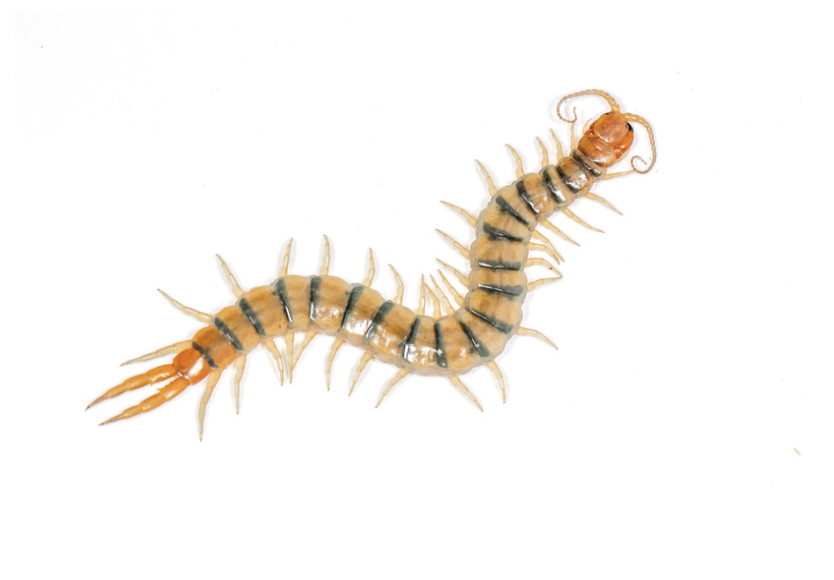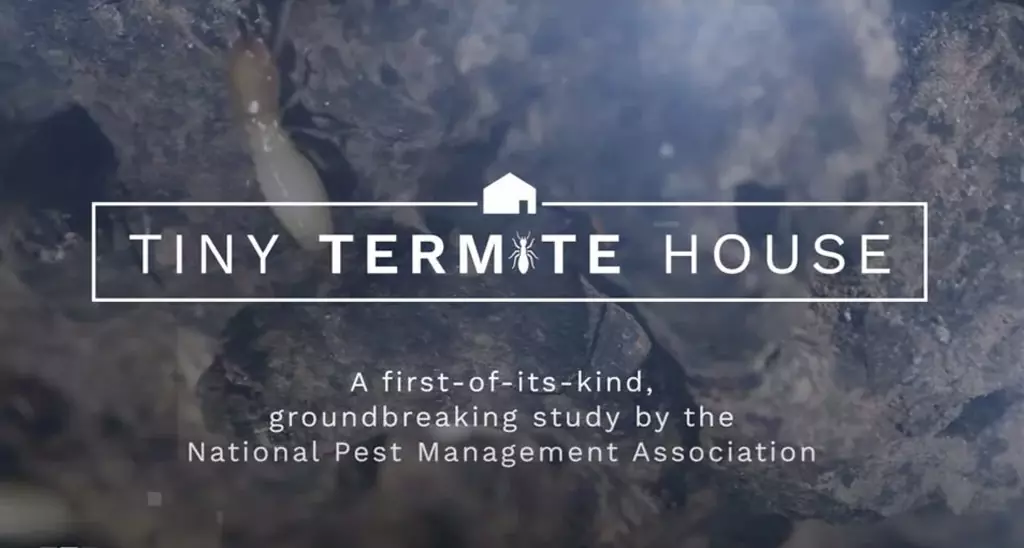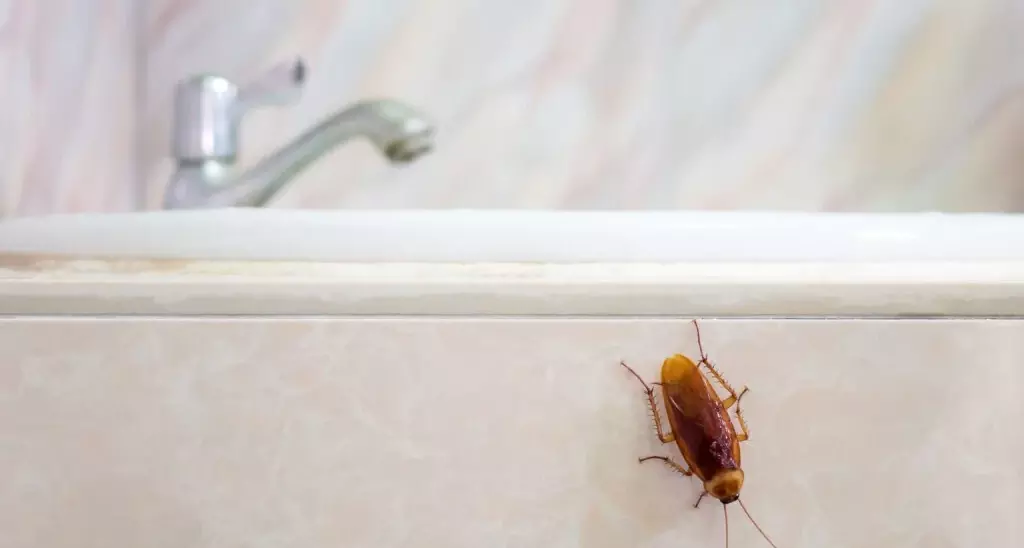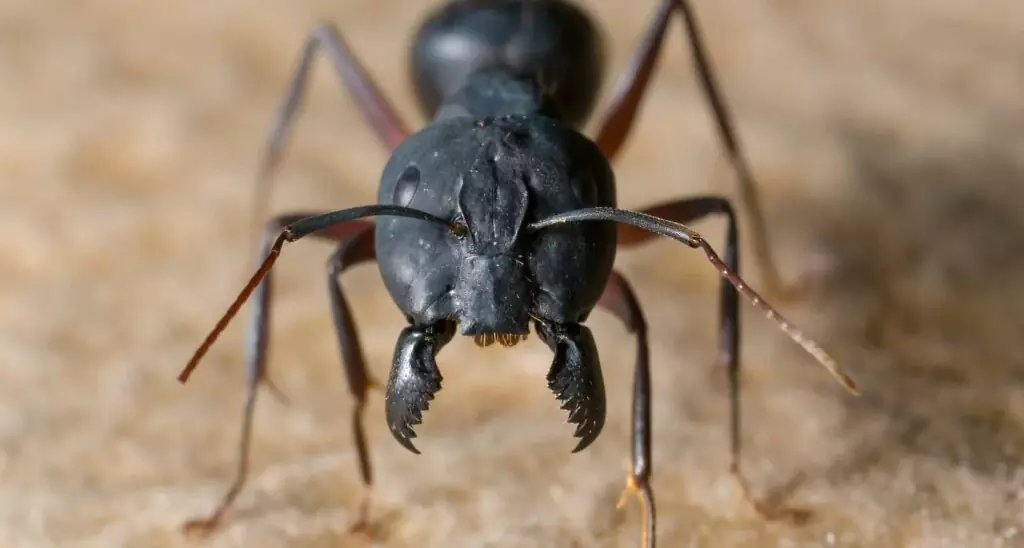
Give or Take a Few
When you nearly crush a centipede as you’re stepping into the shower, or when one of the little beasts with a hundred legs is staring you down as you reach for your toothbrush, your first instinct is probably to squash the squirmy little abomination. If so, you’d be making the same mistake entomophobes (people suffering from an irrational fear of insects) have been making for centuries. Truth is, those oddly terrifying little bugs do a whole lot more good than harm, and it would serve you well to let them live.
First off, let’s dispel this myth right away: Centipedes don’t actually have 100 legs, despite what their name might imply. They usually have closer to 30, which they can use to scurry across the floor at a breakneck pace of about 1.3 feet per second—that’s almost one mile per hour. That same Olympic speed that makes centipedes extra freaky to use humans is part of what actually makes them super helpful to us as well.
Live and Let Live
You see, centipedes kill and eat other bugs, and we’re not talking just a few little pests, we’re talking big, ugly, far freakier bugs of the variety you definitely don’t want to share your house with. House centipedes gravitate toward the more humid areas of your home, where cockroaches, termites, and silverfish can usually be found. That’s where they corner your home’s real pests and violently murder then devour them.
But it’s not just their speed that makes them such ruthless killers, it’s their weapon: their front two legs are actually fangs filled with venom. They lasso their prey with their other legs, then pierce it with their poisonous leg fangs, then feast on its corpse before hightailing it to go find another meal. Turns out, centipedes are quite murderous little creatures, spending most of their day hunting for and eating their prey. Thankfully, their fangs are too weak to break through human skin, so you and your family have nothing to worry about.
Better Insect Killers Than Spiders?
Spiders also are known for beneficially managing the insect population in your home, however, spiders aren’t quite as deserving of such a reputation. Unlike centipedes, spiders are passive predators, merely spinning a web and waiting for prey to get caught in the trap. Centipedes are huntsman, and hungry ones at that.
The fact of the matter is, the presence of both spiders and centipedes in your home isn’t in and of itself a concern, it’s the problem their presence points to—namely if your home didn’t have an abundance of insects on which to feed, it wouldn’t have spiders or centipedes to feed on them either. That means if you want to get rid of house centipedes, you have to get rid of the underlying bug problem.
Pest control approaches vary greatly depending on the type of pests you’re dealing with, as well as countless other factors, such as time of year and type of property (woods, farmland, city, suburbs, etc.), so Tell Us What’s Bugging You today.



